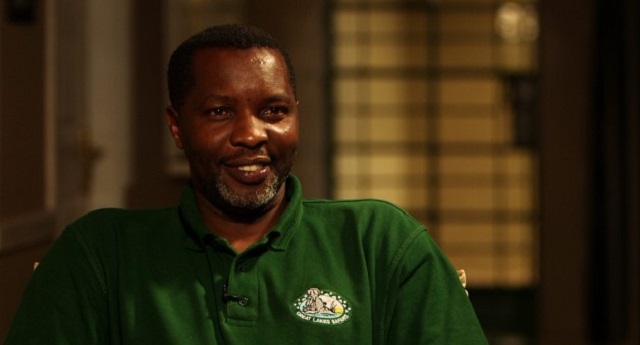
“It is not enough to have interesting natural and cultural attractions and friendly people,” the report said, adding that tourism is one of the largest and fastest growing sectors of the world economy, and is now ripe for development in Sub-Saharan Africa.
According to the report, countries around the world have recently cashed in from tourism as international arrivals have grown but expansion of tourism in sub-Saharan Africa faces a number of obstacles with issues such as land ownership and availability being at the forefront.
Specifically, Uganda’s key constraints include poor access to tourist sites, inadequate tourist information, and low levels of ICT provision of tourist services and inadequate specialized human resources for the hospitality industry.
The report urges governments to form partnerships with the private sector—and vice versa at local, regional and national levels to plan and develop tourism infrastructure, increase transparency in land ownership and create a business-friendly environment for tour operators and other companies.
“To become competitive worldwide, African governments and the private sector must work together in planning tourism infrastructure promotion and financing,” the report notes.
When sustainably managed, tourism fuels economic transformation, accelerates reform, triggers infrastructure improvements and empowers women and minorities in countries throughout Africa, the report notes.
Tourism has been identified and prioritized by the government as a primary growth sector in Uganda’s National Development Plan and Vision 2040 with the government reckoning that if well nurtured, the sector has the potential to yield up to $12bn annually which is close to half of Uganda’s current GDP.
Government allocate Shs 32bn to unlock tourism sector
During the budget reading for the FY 2018/19 on June 14, Kasaija said the government intends to consolidate the gains made in the sector. He allocated Shs 32bn to further unlock the sector.
Lobbyists in the tourism sector had called for the sector to be allocated at least Shs 29.5bn. A chunk of this allocation (Shs 17bn) will go to UTB to showcase the country as a top tourist destination in six international fairs among other activities, according to the Board’s top official.
In the second year, Mugaba said the firms will build on the successful media and PR engagements, which increased destination awareness in the respective markets.
The firms will also continue to provide in-depth trade knowledge and training to travel professionals for both tour operators and travel in the international source markets and domestically in Uganda. UTB is also planning to recruit another three PR firms to market Uganda’s tourism in China, the United Arab Emirates and Japan markets.
Wekesa told The Independent that Uganda can compete with Kenya and South Africa if it invests more money in marketing its tourism abroad.
“The challenge for us is that we don’t quantify our earnings. UWA should now be saying that we have sold this number of gorilla permits and Uganda has earned this much,” he said.
It would be easy for us to say that if we have invested this much in marketing and we have earned this much how much should now invest back, Wekesa said.
“Image building of a country is a national responsibility,” Wekesa said. “Having a product is not enough. If you do have a product but I don’t know about you and your product, how will I buy it? That is Uganda’s biggest problem now,” he said.
Data from Kenya’s Tourism Ministry shows that the country spent KShs 4.5bn in promoting tourism last year. On the other hand, South Africa increased its tourism budget from R1.14bn to R1.23bn in February this year to promote tourism in and out of the country.
Wekesa told The Independent that there is also need to reform the UTB, get the right people in the right positions and get on board more international PR firms.
“It is important for UTB to work like other tourism boards around the region,” he said.
 The Independent Uganda: You get the Truth we Pay the Price
The Independent Uganda: You get the Truth we Pay the Price





